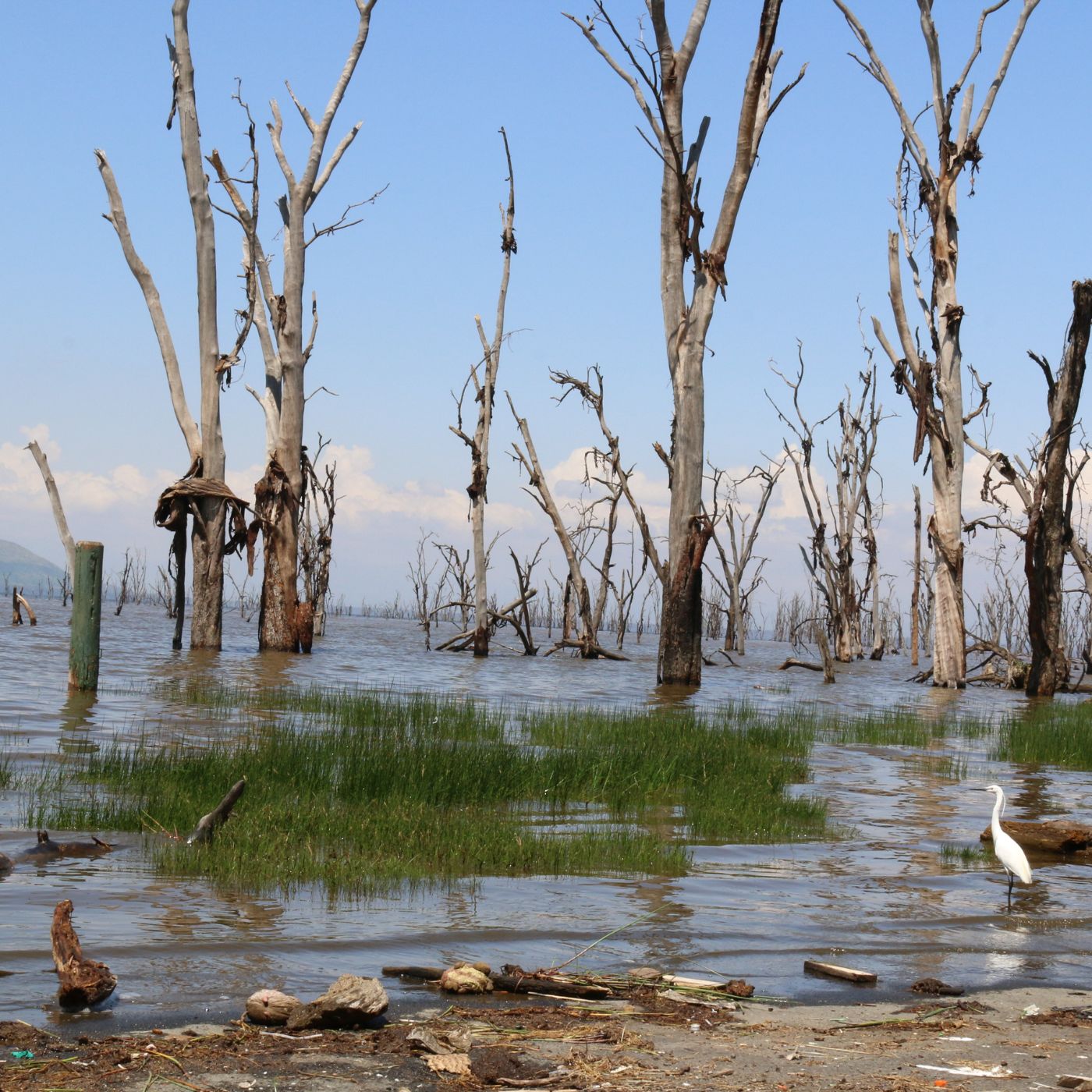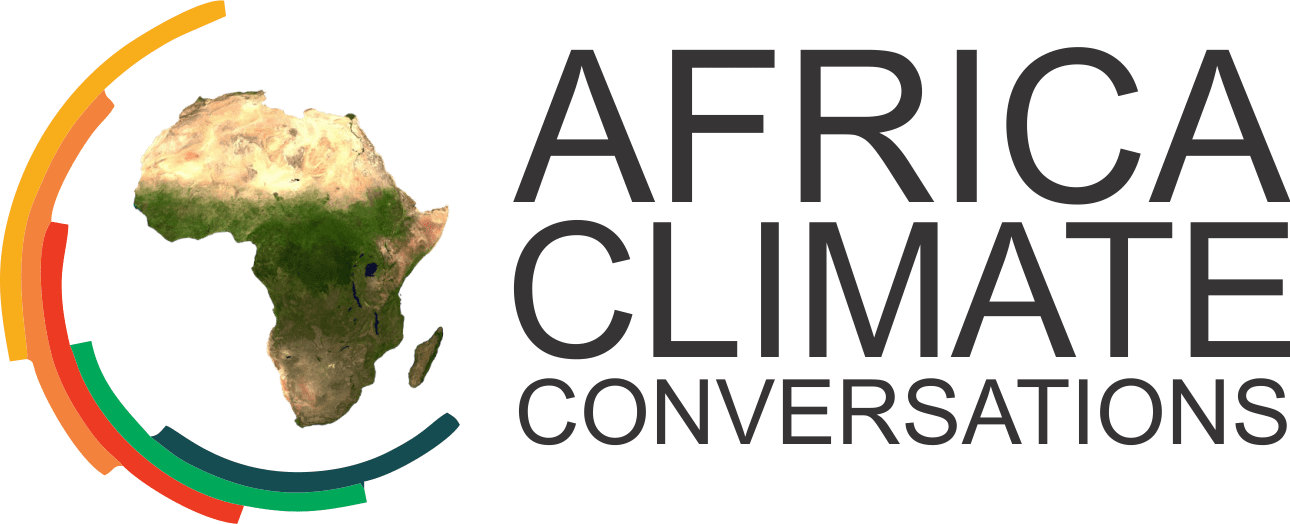
Nairobi Kenya: World leaders gathered in Stockholm, Sweden, 50 years ago, and remarked that man is both a creature and a moulder of his environment. The environment provides physical nourishment (food, air, and nutrients) as well as opportunities for intellectual, moral, social, and spiritual growth. The 1972 United Nations Conference on the Human Environment was the first to recognise environmental challenges, putting them at the forefront of global concerns.
Why does Africa need to do more to promote climate justice?
Nature provides humans with food, air, and medicine, and humans must reciprocate. However, decades of development have not prioritised environmental protection and the people who rely on it, resulting in pollution, waste disposal, deforestation, ocean acidification, the rise of greenhouse gases such as carbon dioxide and methane, water stress, and rising sea levels.
Despite multiple international treaties, carbon dioxide, methane, and nitrous oxide emissions—the three most harmful greenhouse gases—reached new highs in 2021. Is climate change the true issue? Is it possible to solve the climate catastrophe without addressing degradation?
